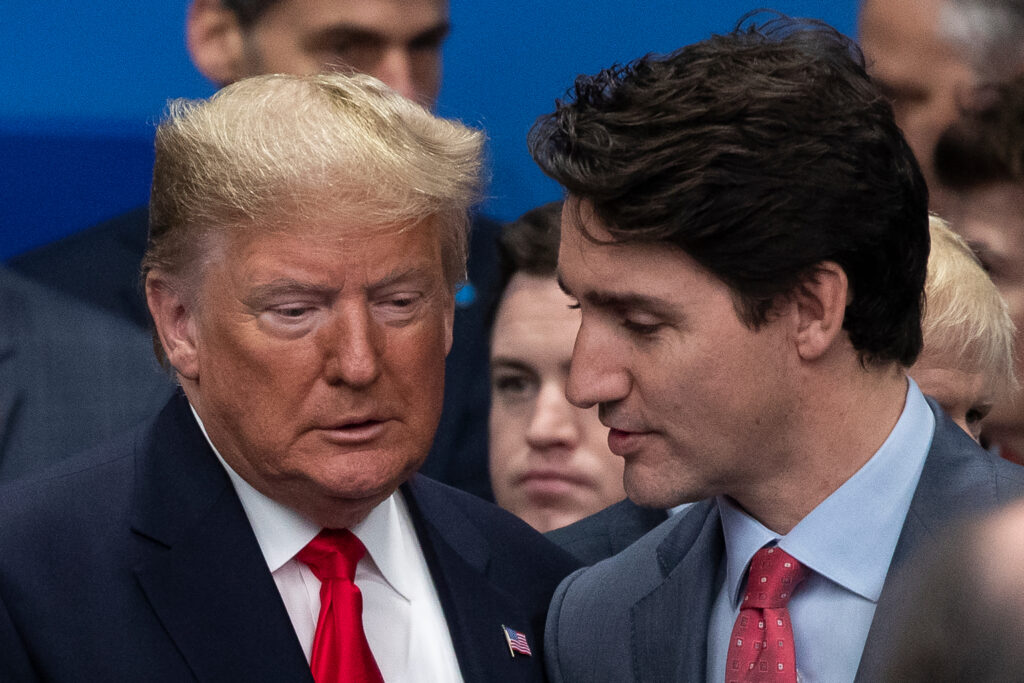Political News: The world knows Canada as one of the friendliest nations on the planet. Still, the latest political news suggests that America’s northern neighbors are preparing to play hardball with prescription drugs. That decision may prove to be an issue for President Trump and his promise to lower drug prices in the U.S.
In July of this year, Trump issued an executive order allowing for bulk importations of prescription drugs from other countries in hopes that the move would help drive down prices.
By September, the Department of Health and Human Services had approved the plan, paving the way for states to set up an importation process. Last week, Florida became the first state to submit a proposal for importing prescription drugs, with Colorado, Maine, New Mexico, and Vermont all on deck and looking to follow suit.
Canada is not that keen on seeing their drugs head south of the border, mainly if doing so creates a shortage at home. Delivering an announcement last Friday, the Canadian health minister stated that new measures would prevent certain drugs from distribution outside Canadian borders. The reason for doing so was to ensure that the healthcare system north of the border would not take a hit by having a drug shortage caused or worsened by bulk prescription drug exports.
The Pharmaceutical Industry Sides With Canada
Not everyone believes that the bulk importation program will positively impact drug prices in the United States. No less than three major pharmaceutical companies last week filed a lawsuit claiming that importation could potentially be hazardous to the American people’s health while also doing nothing to counter the high cost of prescription drugs.
The Political News & The Canadian Pharmacists Association agrees with this assertion, but they are also more concerned with potential drug shortages.
There are already several shortages happening in Canada, some of which have worsened during the COVID pandemic. With no clear end in sight, it would certainly make sense that things might worsen before they get better regarding prescription drug issues.
With Trump’s time in office winding down, the President seems intent on delivering on his promise to deliver lower drug prices. He has already pushed through a pair of measures that have drawn the ire of big pharma, so whether those remain in place remains to be seen. It’s also fair to suggest that Biden may have other ideas about healthcare and drug pricing when he takes office in January. We may need to wait until then to see how all of this plays out.
Get REAL, UNBIASED coverage of the latest political news with JAZZ Politics & News.
Follow us on Social Media to receive instant updates on the latest changes in political betting odds courtesy of online bookmaker JazzSports.ag
